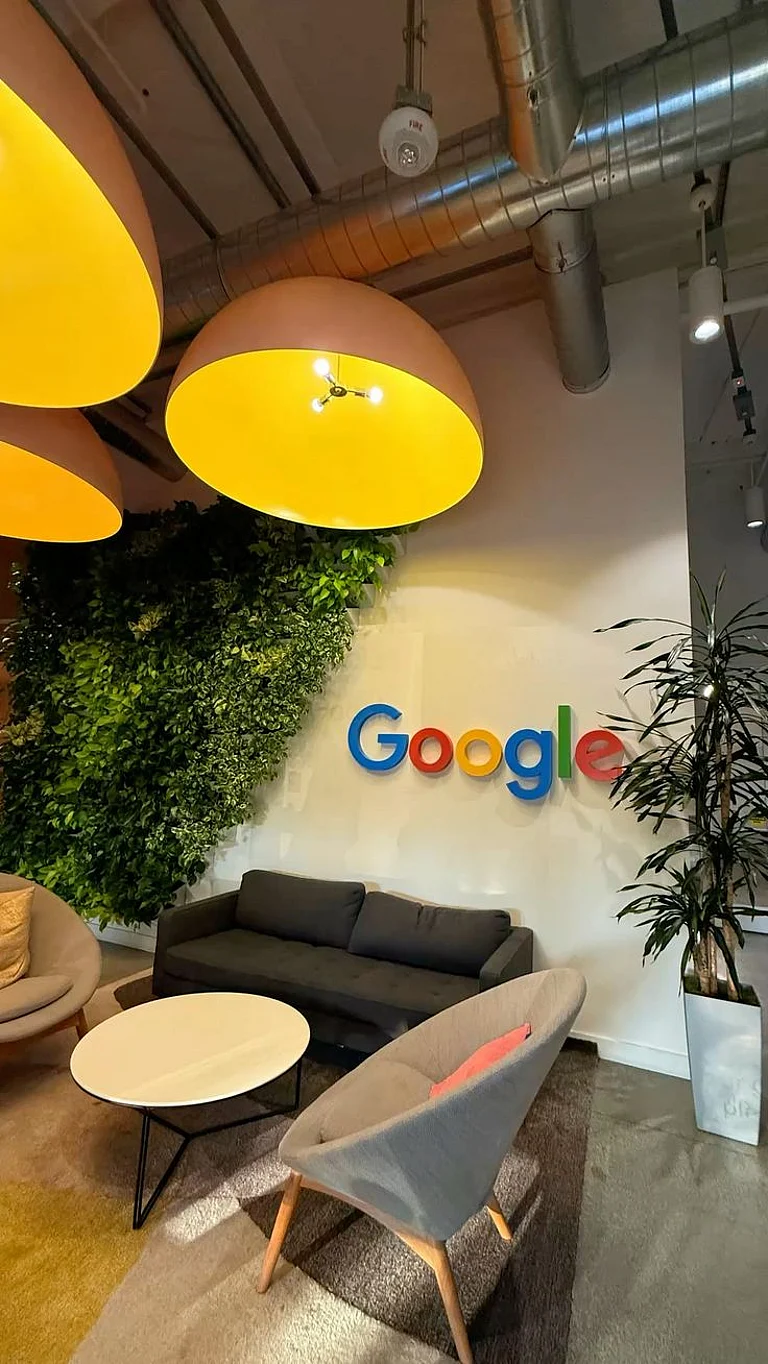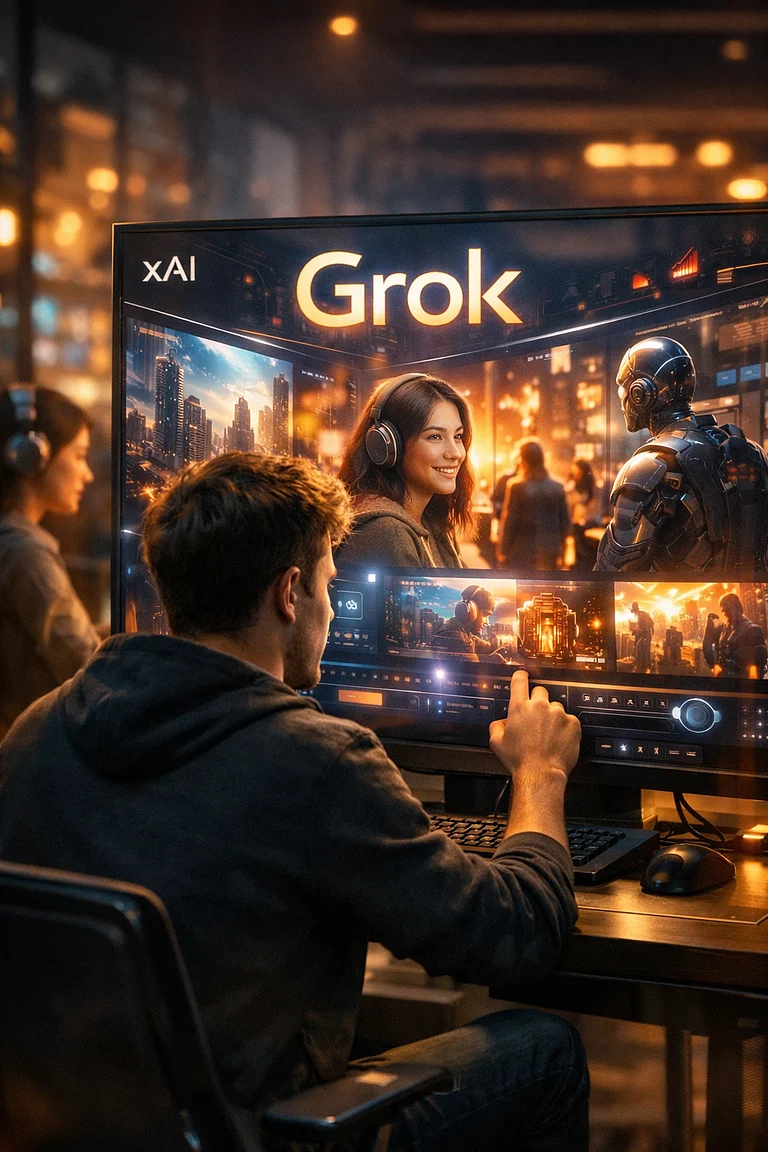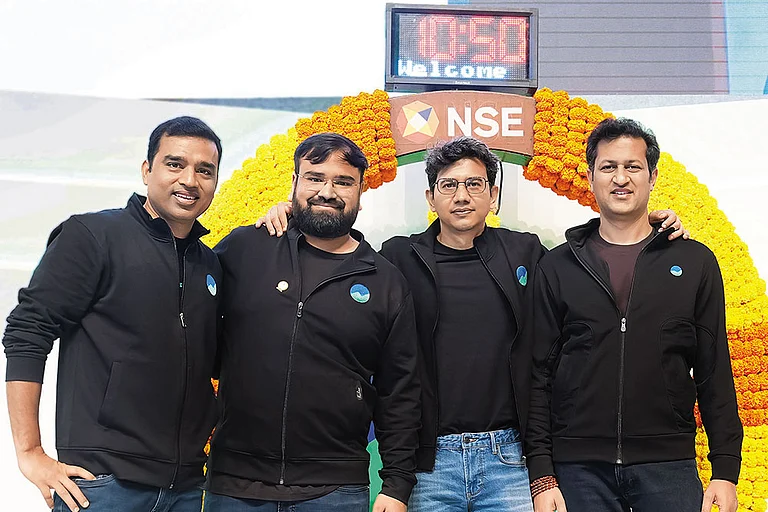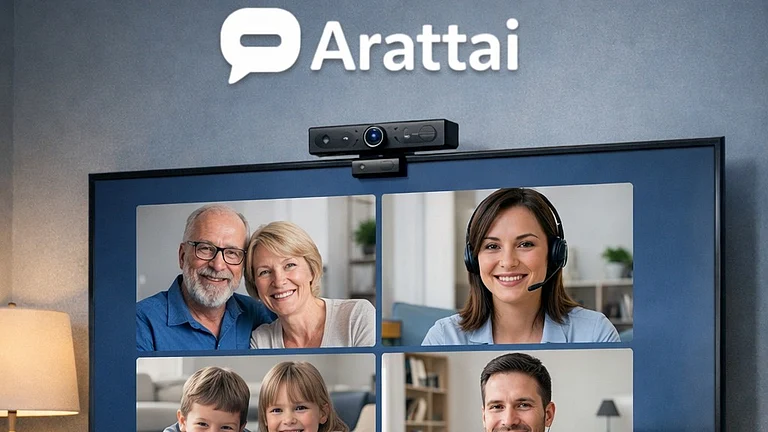Before becoming a content creator, what did you want to become? And when did you switch?
I wanted to be a software engineer in one of the big tech companies. I was enrolled in electrical engineering at BITS Pilani Goa. I don't think it was ever like one point where I decided that I want to only do content...it was more of a journey.
After the pandemic, the college asked us to return, but I couldn’t adjust to the environment. I had spent the last couple of years at home focusing on my YouTube channel, learning new skills and building my marketing company. Returning to college meant focusing on things that no longer excited me.
On March 27, 2022, I dropped out and went back to Pune. By April 1, I had moved to Bengaluru, and I’ve been here ever since.
You mentioned struggling to adjust after returning to college post-pandemic.
I think what set me apart was that everyone around me was focused on getting a job. No one was thinking about value creation—about how to create employment in India.
My mind was constantly occupied with questions like: how can I sell better? How can I hire better editors, designers, managers? How can I build systems that work without me?
During the two years of lockdown, I got involved in content and content marketing, working with brands. My career path shifted. Eventually, I traded professors and lecture halls for events in Bengaluru, learning from real builders and making friends with them.
I never really dropped out of college—I just switched from BITS to what I call a different kind of college in Bengaluru.
How did your family react?
During the pandemic, I was living with my parents. I’ve always been a curious person—even at 2am, you'd find me editing videos, learning something new or reading. I wasn’t bound by a clock; I worked until the task was done.
Over time, my parents saw how committed I was. They saw me being obsessed with my work for two straight years; they began to believe in me. More importantly, I was able to show them real proof. In March 2022, I earned as much as the annual package of the highest-placed student in our college. That was around Rs 15–20 lakh. That kind of traction helped make my case.
There are generally two routes creators can take—either transition into acting or build a business
You also run your own marketing agency. Should one always have multiple revenue streams?
I don’t think content creation is a sustainable full-time career in the long term. The platforms themselves prefer newer faces. For example, the way YouTube’s algorithm works—if someone searches ‘how to learn to code,” YouTube is incentivised to show videos from newer channels.
To sustain a creator career beyond 4–5 years, you have to find new ways to grow and explore different niches. I learned this from Tanmay Bhat. He’s built a strong funnel and evolved with his audience to avoid becoming irrelevant.
And fame is a very fragile thing. That’s something every creator should be aware of. Once you start getting traction, you need to plan your next steps carefully. There are generally two routes creators can take—either transition into acting or build a business.
How are you using AI in your work?
AI can unlock freedom for a creator. You’re no longer tied to a studio—you can be out travelling and still push content using an AI avatar of yourself. It was very simple—I recorded a five-minute video of myself speaking and then fed about three hours of my audio in English. The system understood my communication style and created audio on my behalf.
The key is to write a great script and have the right hook. Once you’ve got that, these models can generate the video for you—no need to record manually. You can scale up to 3–5 videos a day.
In the age of AI influencers how can content creators stay relevant?
The only way to do that is by going offline. I do 3–4 in-person events every month. These help me connect with my audience. That’s something AI influencers can’t replicate—they may produce unlimited videos, but they don’t have that soul or human connection.
Research outfit The Pathwise Project had alleged you were misleading your followers.
As your numbers grow, your responsibility increases. Last month, my videos got 9mn views. So, it’s important to course-correct quickly. I take it as a learning and want to get better.
It’s important to understand what’s true and what’s fake. Out of the 33 claims, only seven were true. They made a 10–15-minute video, of which only 1.5 minutes were accurate. If 8.5 minutes of a 10-minute video are false, isn’t that misinformation? So, I had to raise my voice.












